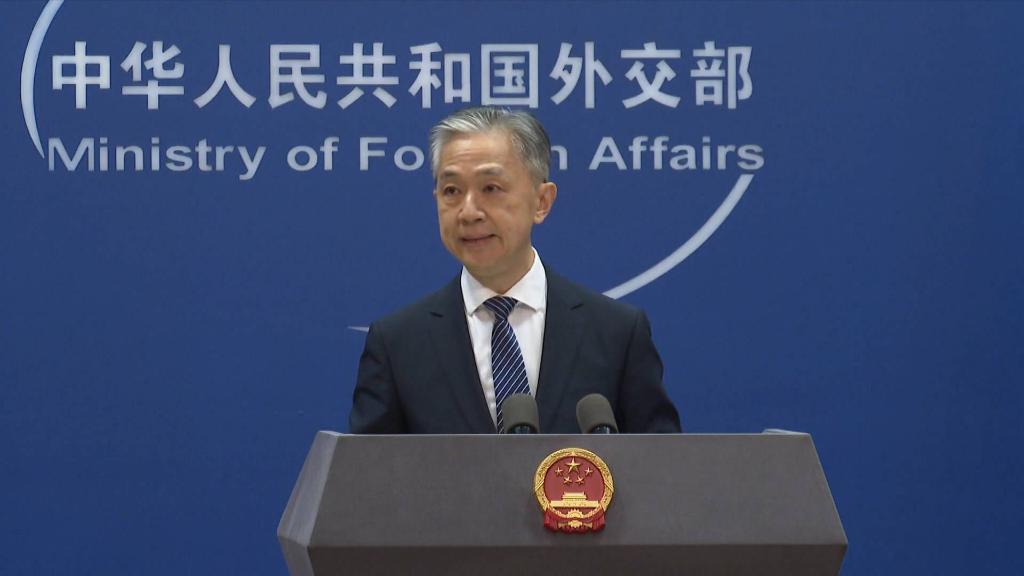A group of countries said on Tuesday that issues concerning Xinjiang, Hong Kong and Tibet are China's internal affairs, expressing opposition to politicization of human rights, double standards and interference in China's internal affairs under the pretext of human rights.
In a joint statement read by Cuba on behalf of 69 cross-regional countries at the ongoing 50th session of the UN Human Rights Council, these countries said that respect for sovereignty, independence and territorial integrity of states and non-interference in internal affairs of sovereign states represent basic norms governing international relations.
"We maintain that all parties should abide by the purposes and principles of the Charter of the United Nations, adhere to the principles of universality, impartiality, objectivity and non-selectivity, and respect the right of the people of each state to choose independently the path for development in accordance with their national conditions," the joint statement noted.
All human rights should be treated with the same emphasis, with sufficient importance attached to economic, social and cultural rights and the right to development in particular, it added.
"Today human beings are faced with multiple challenges including the COVID-19 pandemic. The international community should uphold multilateralism, strengthen solidarity and coordination, and respond jointly to global challenges, advance world peace and development, and promote and protect human rights," it said.
Produced by Xinhua Global Service












